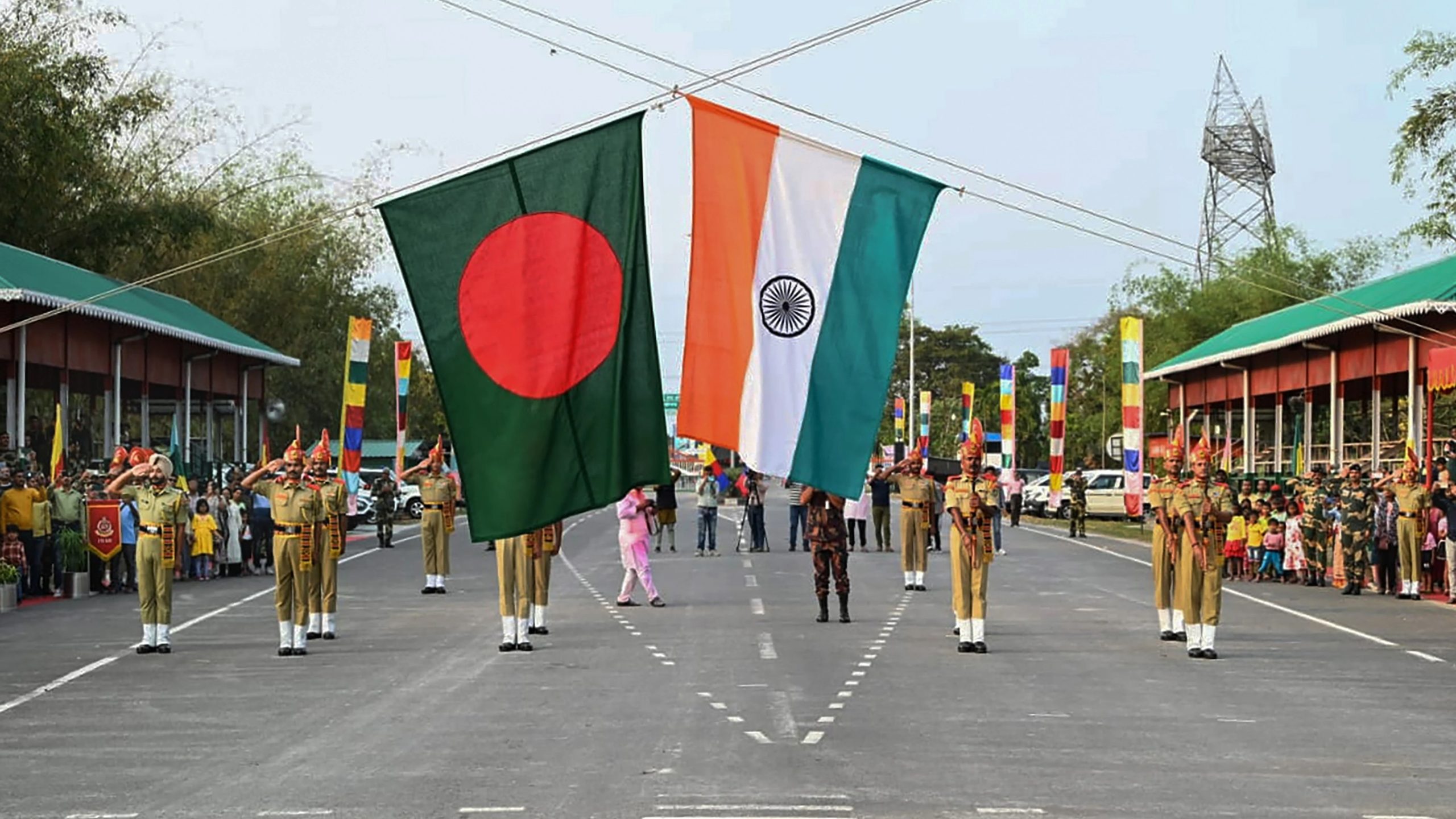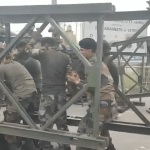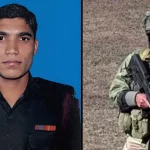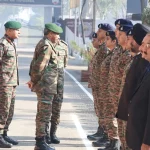The latest round of India–Bangladesh border talks concluded in Dhaka this week with both sides addressing critical security and infrastructure concerns along the 4,096 km international border.
The Indian delegation, led by BSF Director General Daljit Singh Chawdhary, raised strong concerns over recurrent attacks on its personnel by Bangladesh-based miscreants. Officials noted that more than 35 BSF troops had already been injured this year, adding to 68 cases reported earlier.
India also pressed for early clearance of the Single Row Fence (SRF) project along sensitive stretches, stressing that the fence was a non-offensive measure to curb cross-border crimes, including cattle smuggling, infiltration, and contraband trafficking.
On its part, the Border Guard Bangladesh (BGB), headed by Major General Mohammad Ashrafuzzaman Siddiqui, engaged in detailed discussions on ways to improve cooperation, including adherence to established procedures for fencing works within 150 yards of the border.
Addressing rising concerns over drone intrusions, India proposed stricter joint measures against aerial violations that pose risks of narcotics and arms smuggling. It also informed BGB of its plan to equip nearly 5,000 BSF troops with body-worn cameras to provide evidence during cross-border incidents and reduce disputes over use of force.
Both sides agreed to work together on riverbank protection projects under the Joint River Commission framework and to engage border communities to reduce illegal crossings, smuggling, and uprooting of pillars.
The talks, held at the BGB headquarters in Pilkhana from August 25–28, were the first since the change of government in Dhaka in 2024. They concluded with the signing of a joint record of discussions, reflecting a shared commitment to enhance cooperation, maintain peace, and ensure stability along one of South Asia’s most active borders.













